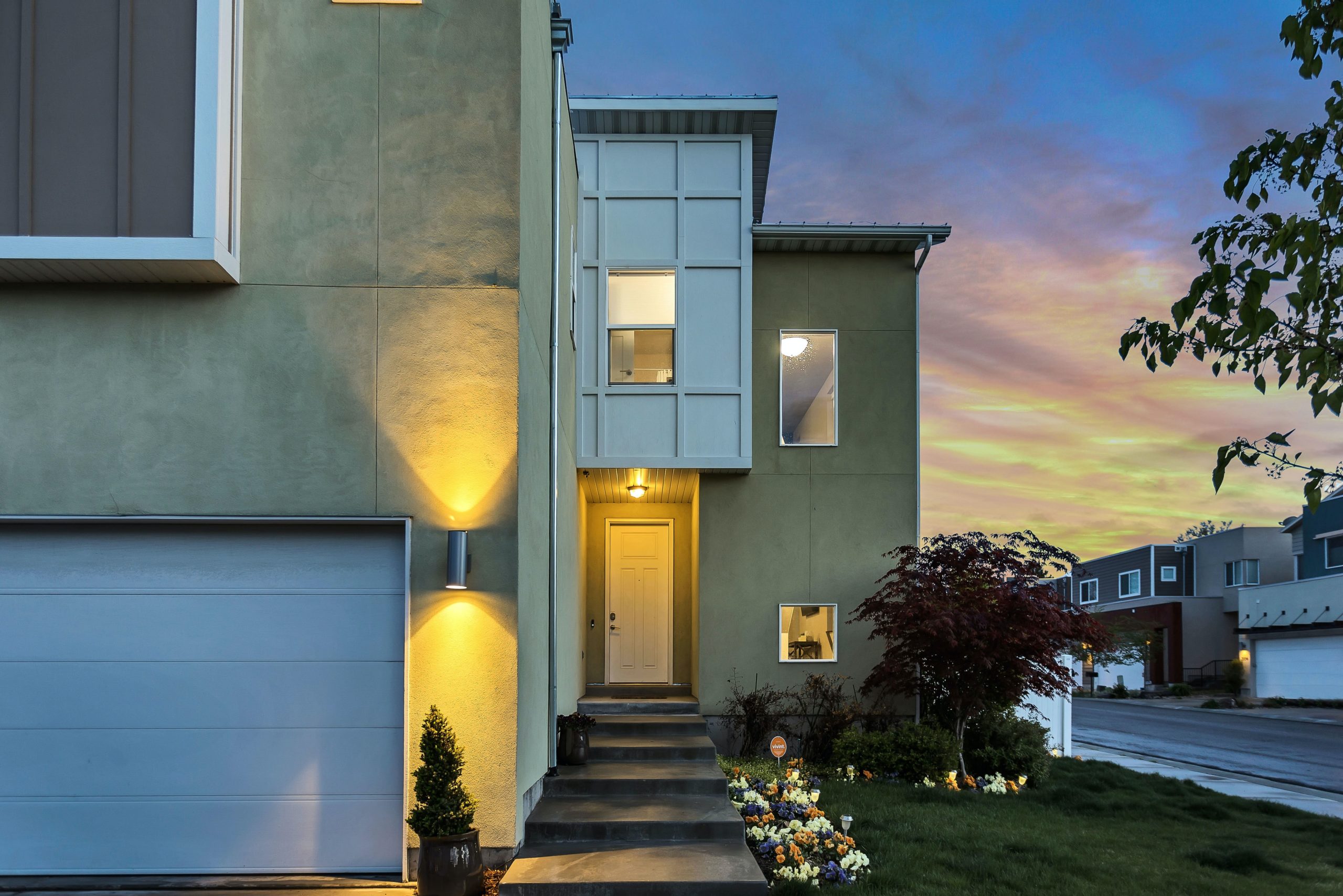Home prices across the country have sky-rocketed to record highs. Many buyers who hoped to purchase a home feel discouraged and anxious after losing one bidding war after another. Now, those who were unable to purchase a home are unsure what to do with their lump sum of cash.
The typical down payment on a home ranges between 5 percent and 20 percent of the home’s purchase price, which doesn’t include extra closing costs after the sale. Those that saved thousands of dollars for a down payment now face an interesting dilemma regarding what to do with that cash until their dream home becomes available. This question is more complex today than it has been historically due to low rates on savings accounts, coupled with increasing pressure from inflation. However, many are also wary of investing their money in something that could potentially provide a negative return.
Here are three things to consider as you decide what to do with your down payment:
What is your desired timeline?
First, consider when you may potentially need to access this cash, and to how much you will need access. If you want to be able to move fast when your dream home pops up, your money is best kept in something easily accessible and very liquid, such as a savings account. However, if you can stand the thought of holding off on buying a home, maybe in the hopes that the real estate market will cool off, there are other options. If the down payment is invested in a safe but less liquid option, the money will grow, increasing the amount you would have to use as a down payment in the future.
What is the size of your down payment?
In 2020, the median down payment was 12 percent for all home buyers and 7 percent for first-time home buyers, according to the Home Buyers and Sellers Survey. With that being said, the larger the amount of money saved, the more opportunity there is for earnings. Those who are hesitant to leave their money in cash due to inflation concerns may choose to invest a portion of that money. This allows people time to assess the volatility of the housing market, and provides growth opportunities for their money that could combat inflation.
Know your risk tolerance
While some potential homebuyers seek to grow the money they earmarked for a down payment, others want to protect their savings and avoid a potential loss through investing. The ultimate strategy to employ depends on how much flexibility a potential buyer has in terms of timeframe and the amount of money they hope to use as a down payment. Those seeking relatively safe alternatives that provide a greater upside than a savings account have put their down payment in municipal bonds and municipal-bond ETFs. Those with a higher appetite for risk may choose alternative investments, which offer a potentially higher return, although coupled with the higher likelihood of volatility.
Solution: Divide your down payment
By dividing a down payment into two or more portions, homebuyers can allocate that money into low-yield, liquid options such as a savings account, and put other portions into a money-market funds or other low-volatility investments. Ultimately, potential homebuyers should think in 90-day increments. If a buyer is within 90 days of placing a down payment on a home, 100 percent of that money should be in savings, or another easily accessible account. If the down payment is not needed within this timeframe, then at least a portion of that money can be invested in some of the options discussed previously, such as municipal bonds, money-market funds, or other alternative investments.
As with most money issues, the right answer to the question of what to do with a down payment is “it depends on your unique situation”. This is a great opportunity to tap your trusted financial advisor for guidance. Need an advisor? Then we should talk!
Advisory products and services offered by Investment Adviser Representatives through Prime Capital Investment Advisors, LLC (“PCIA”), a federally registered investment adviser. PCIA: 6201 College Blvd., 7th Floor, Overland Park, KS 66211. PCIA doing business as Prime Capital Wealth Management (“PCWM”) and Qualified Plan Advisors (“QPA”
- Alphabet stock pullback a buying opportunity - July 25, 2024
- Prime Capital Investment Advisors Welcomes James Burton as Independent Director of Advisory Board - July 15, 2024
- How Tax Planning Differs For Young Clients - July 15, 2024

